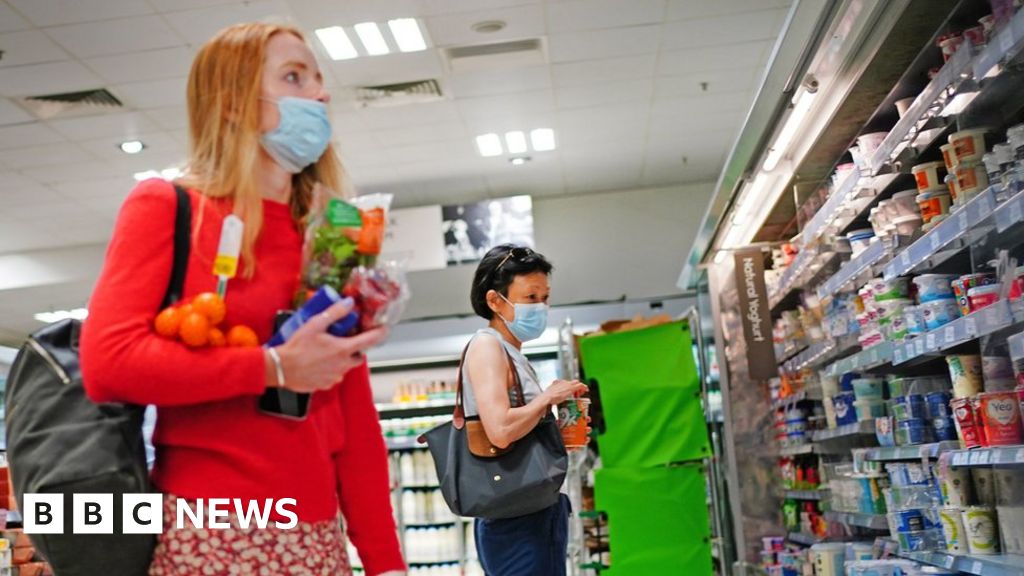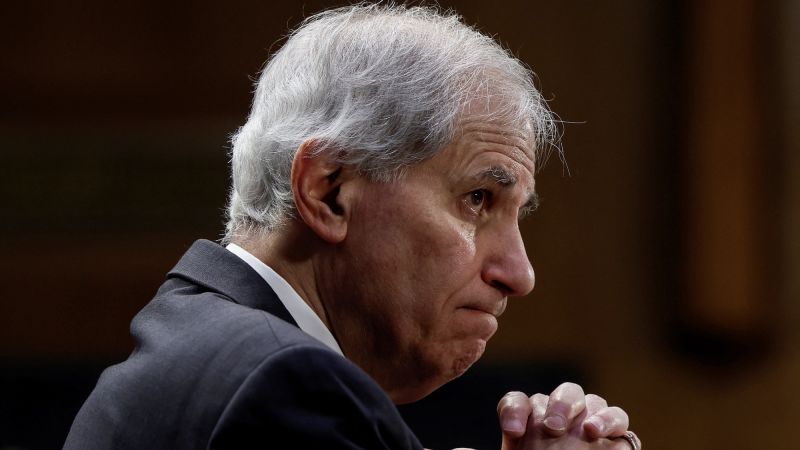image courtesy of PA Media As the UK economy continues to open up, inflation rose to 2.5 percent in the year to June, the highest level in nearly three years. The Office for National Statistics reported that the Consumer Prices Index measure of inflation increased from 2.1 percent in May, owing to increasing food and gasoline expenses. For the second month in a row, the rate is greater than the Bank of England’s 2% inflation objective. This will add fire to the debate over whether interest rates should be raised. Food from stores, as well as eating and drinking out, increased in price, but apparel and footwear, which are generally cheaper at this time of year, increased in price instead. The ONS reported that used automobile prices grew between May and June this year, although in previous years they had declined between these months. As a result of delays in the delivery of new cars caused by a scarcity of semiconductor chips used in their manufacture, some customers have reportedly turned to the used car market. The June number was higher than most economists’ expectations of a 2.2 percent increase. “The hike was extensive,” Jonathan Athow, ONS deputy national statistician for economic data, said. “For example, price increases for food and second-hand automobiles, where there are reports of increasing demand.” Some of the rise is attributable to temporary influences, such as increased gasoline prices, which continue to drive up inflation, but much of it is due to prices rebounding from epidemic lows.” This month’s increased pressure was aided by an increase in clothes and footwear prices when contrasted to the regular seasonal trend of summer sales.” Simply expressed, inflation refers to the pace at which prices rise; for example, if the price of a £1 jar of jam rises by 5p, the inflation rate is 5%. It applies to services as well, such as getting your nails done or your car valeted. Low amounts of inflation may go unnoticed from month to month, but over time, these price increases can have a significant impact on how much you can buy with your money. More information on inflation can be found here. The Office for National Statistics (ONS) keeps track of the economy in the United Kingdom. Inflation/n
Read MorePrice rises speed up again as economy unlocks
2021-07-14T06:07:04-04:00July 14th, 2021|





